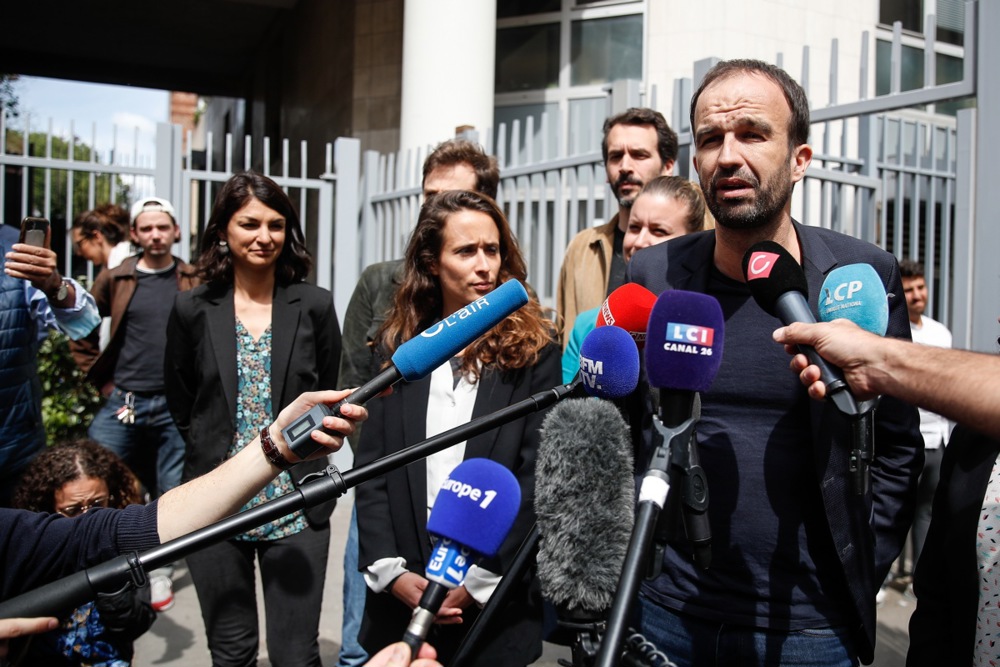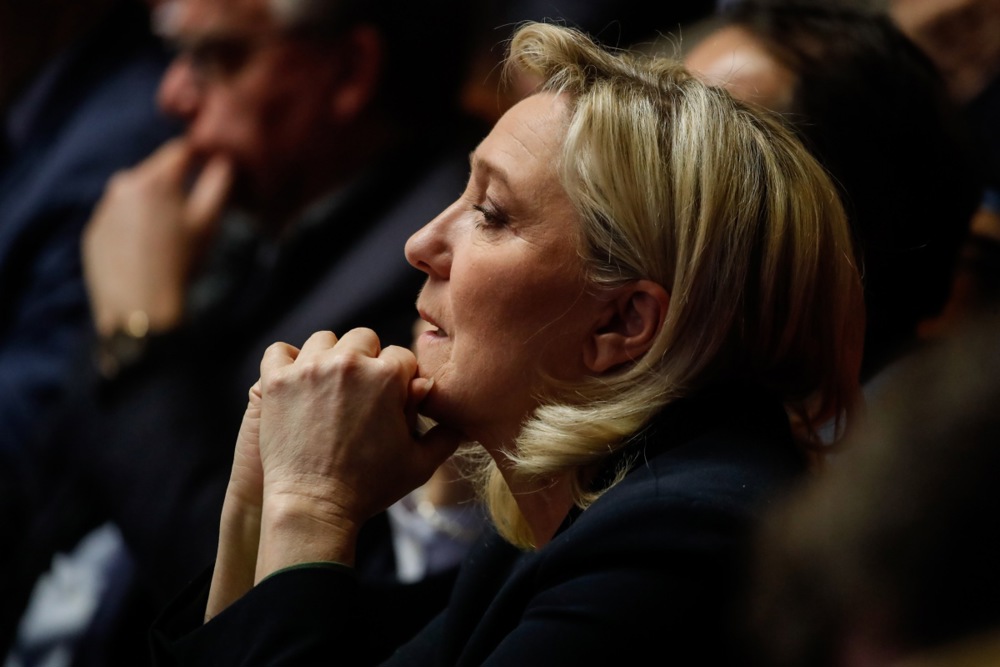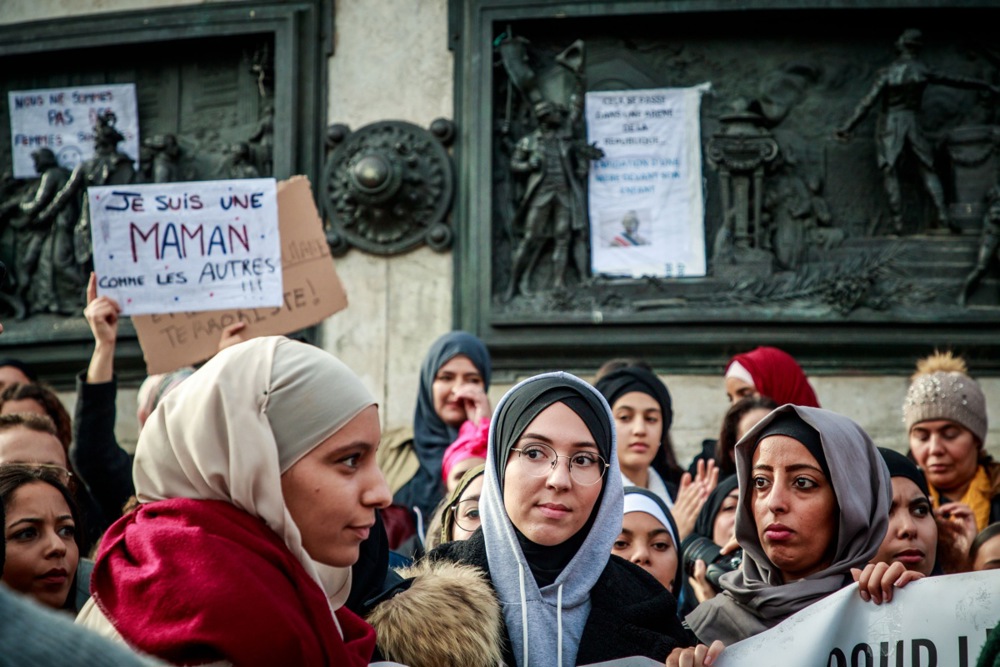Marine Le Pen’s right-wing Rassemblement National (RN) party has returned to the French Senate and the centre-right has held its majority in the Upper House at the senatorial elections.
The elections took place on September 24 to renew 172 of the 348 seats in the Senate.
The “break-through” for RN may appear insubstantial at just three seats but, in the rigid politics of the Senate, the party considered it a victory.
Almost half of the Senate’s seats go up for election every three years, indirectly voted for by a pool of more than 75,000 delegates appointed by France’s local councils.
President of RN Jordan Bardella was unwilling to predict the outcome prior to the elections. “We have zero senators,” he said. “If we have one, it’s a victory. If we have two, it’s a victory. If we have three…”
One electoral specialist speaking to French newspaper Le Figaro reworked Bardella’s comment: “Small wave: one senator. Medium wave: two senators. Big wave: 3 or 4 senators.”
RN’s leadership celebrated the fact that the “democratic anomaly of the National Rally’s [RN] absence in the Senate has been rectified” and that the party has “made significant progress”.
The party has historically had issues regarding the chasm between the number of its voters and the number of elected officials it had. Despite being one of the biggest parties in the country, it only really gained traction in the French Parliament last year after garnering 89 seats in the French legislative elections.
Overall, the centre-right retained its majority in the Senate on Sunday, which it has held since the current Fifth French Republic was established in 1958 – the only exception being the years 2011 to 2014.
French President Emmanuel Macron’s centrist-liberal camp experienced notable setbacks in the senatorial vote.
The Secretary of State for Citizenship, Sonia Backès, suffered an unexpected defeat in the French Pacific island of New Caledonia, losing to the pro-independence Robert Xowie. His victory makes him the first Caledonian separatist to secure a seat in the Senate.
Backès attributed her loss to a “betrayal” within the non-independence camp and rivalries with local island mayor Sonia Lagarde, along with the election of the dissident Republican candidate Georges Naturel.
The outcome of the elections underscores the ongoing challenges faced by Macron’s party. The fate of Backès in the French Government now hangs in the balance. A source close to the government believes her ability to remain there is “impossible”.
In Paris, the Macron camp lost its only seat, that held by Julien Bargeton.
The senatorial elections also resulted in successes for supporters of Édouard Philippe – a former French prime minister and a current favourite to become next President of France.
Philippe expressed his hope of creating a “solid … central pillar in the Upper House”.





